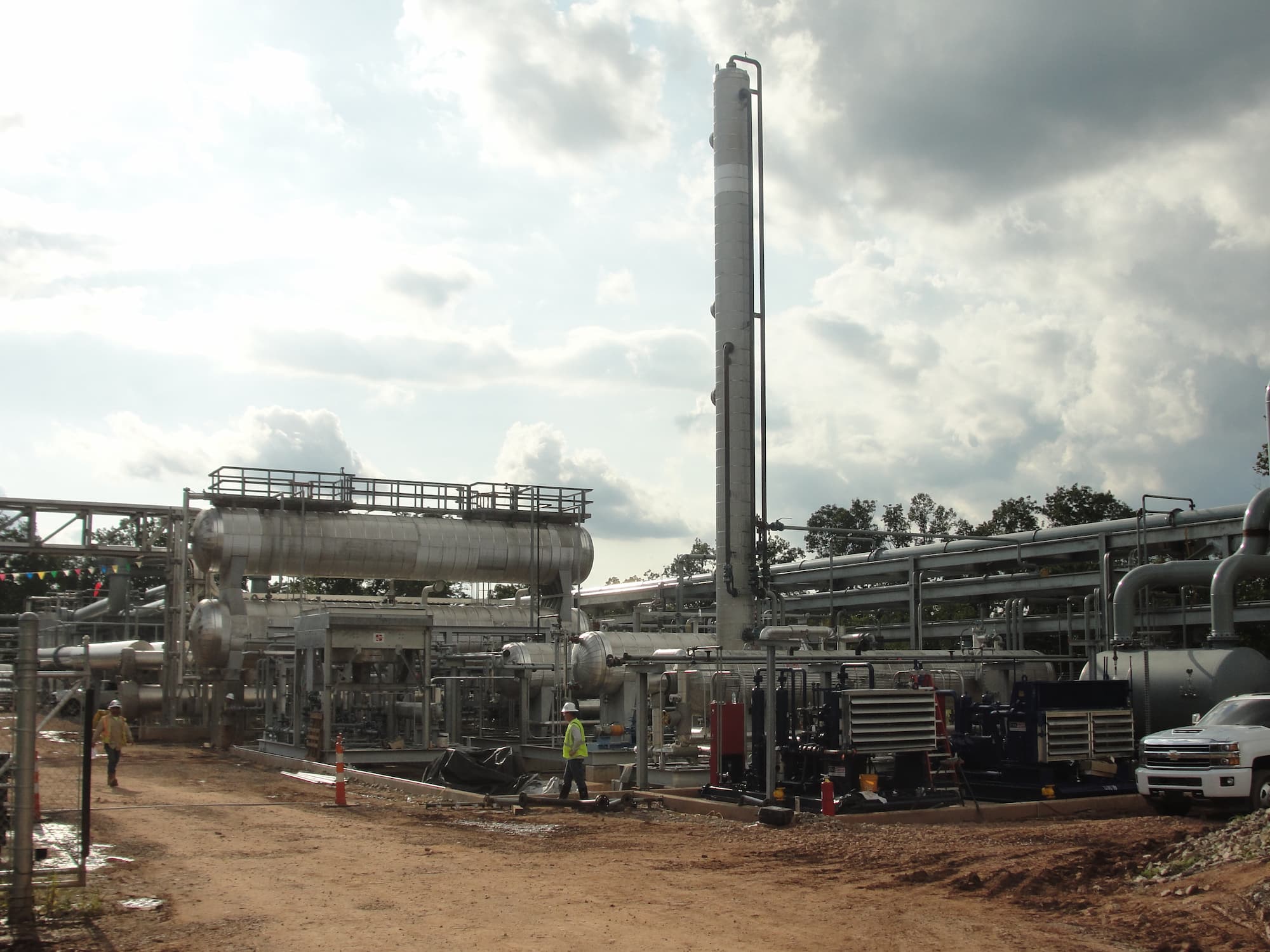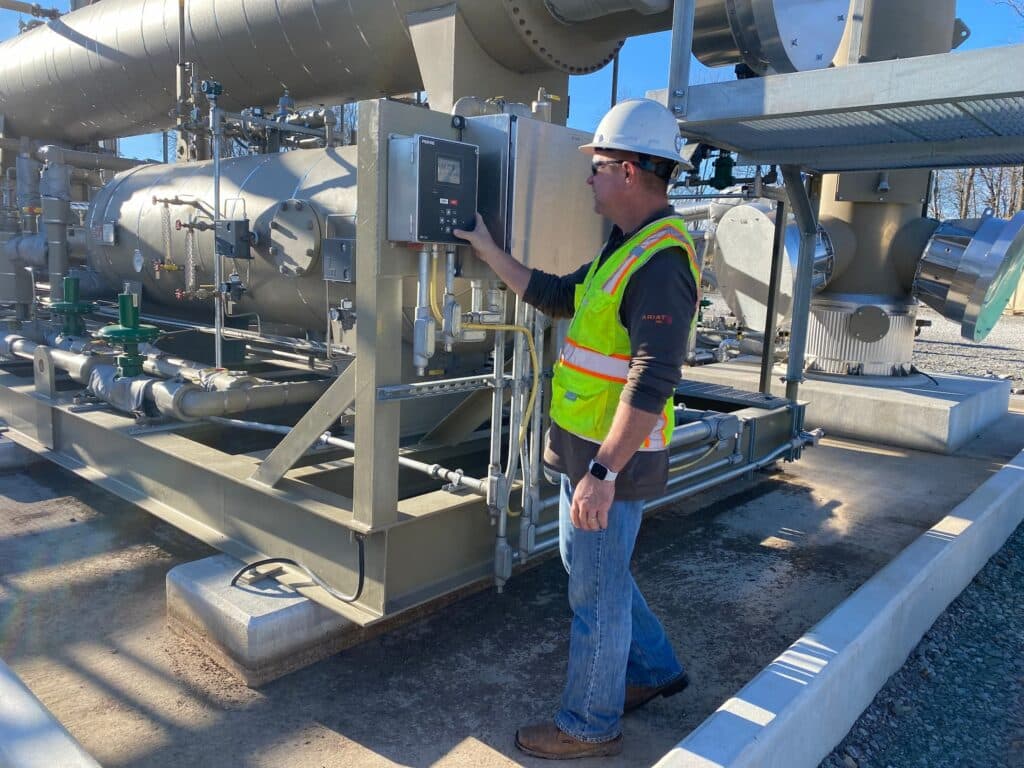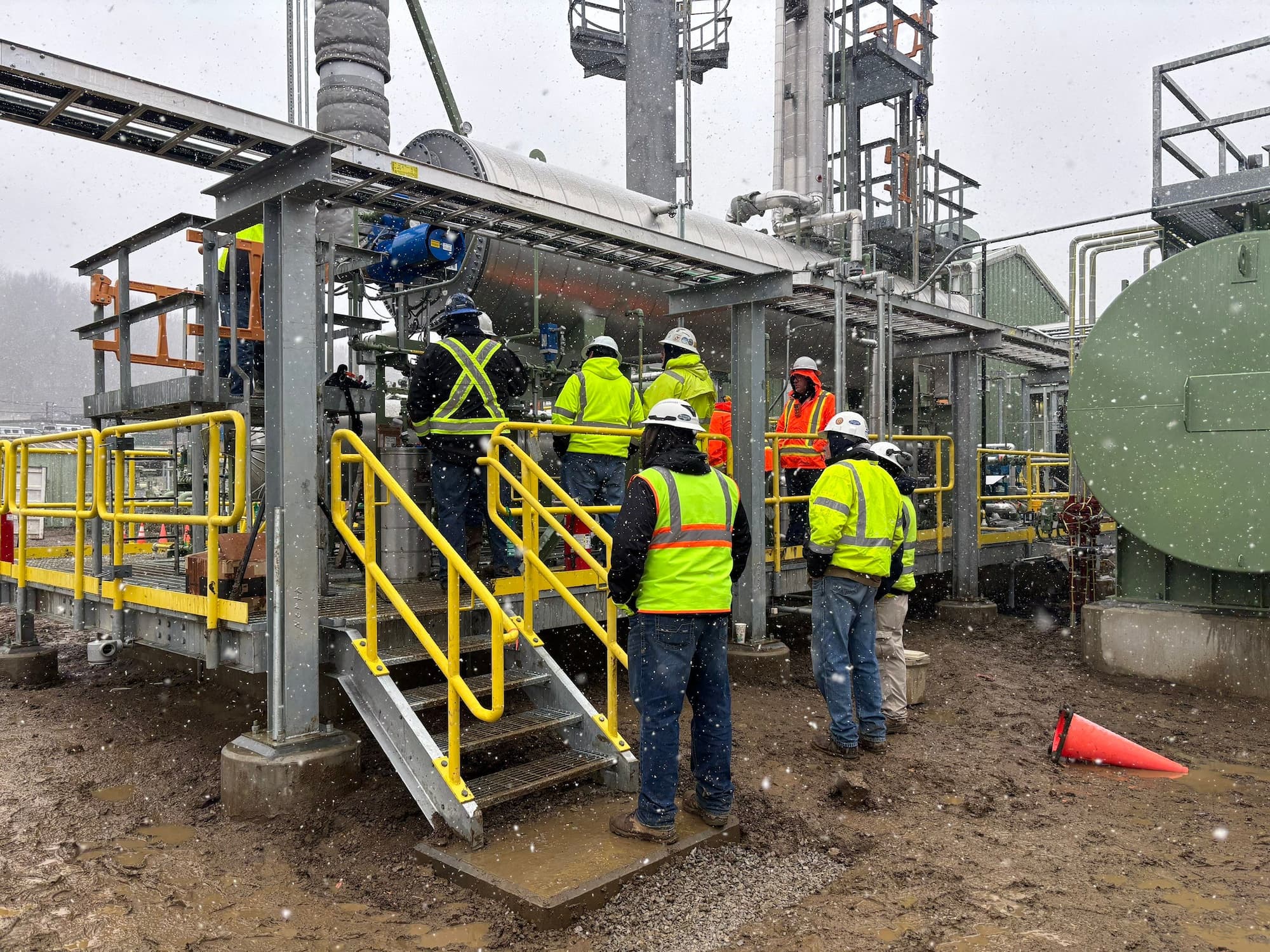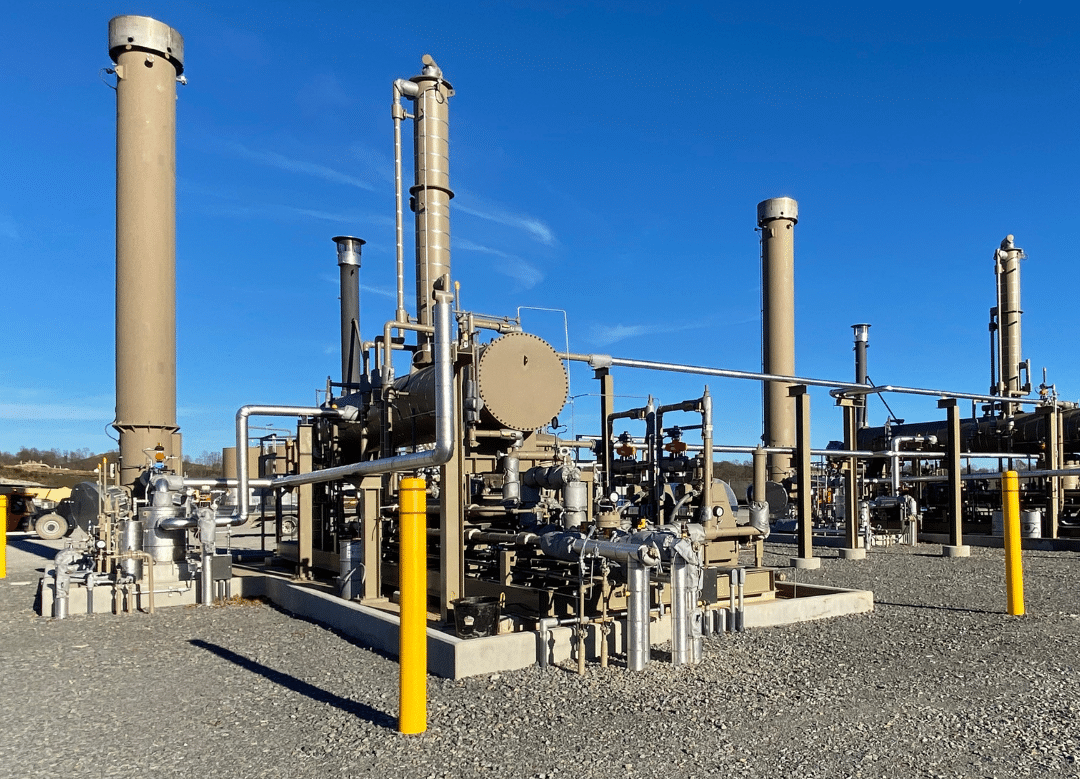Introduction: Why Startup and Commissioning Matter More Than You Think
In oil and gas operations, everything—from safety to performance—hinges on how well your equipment is brought online. Startup and commissioning isn’t just a final checklist; it’s a critical process that determines whether your investment works as intended—or becomes an expensive liability.
At Total Product Services (TPS), we’ve seen what happens when this process is rushed or handled without the right expertise. Below, we break down some of the most common pitfalls during oil and gas equipment startup, and how TPS helps clients avoid them with a disciplined approach.

Pitfall #1: Incomplete Pre-Startup Planning
One of the most common issues we encounter is inadequate preparation. From unclear roles to missing documentation, skipping the foundational steps leads to costly delays.
How TPS Prevents It:
We coordinate across disciplines (design, fabrication, operations)
We ensure full document control and approval before onsite activity begins
Pitfall #2: Equipment Not Ready for Operation
Newly delivered equipment often needs calibration, alignment, or flushing before it’s ready to run. Skipping these prep steps can lead to system damage or invalid startup results.
How TPS Prevents It:
We verify installation quality before commissioning begins
Our team supervises site readiness and validates system integrity
We ensure all utilities, fluids, and controls are in spec

Pitfall #3: Lack of Operational Training
Even well-designed systems can fail if the operators don’t know how to use them. Startup delays are often caused by training gaps and unclear operating procedures.
How TPS Prevents It:
We provide on-site operator walkthroughs
Our team delivers clear, system-specific SOPs
We ensure every operator understands how the system should perform—and when to escalate
Pitfall #4: Misaligned Expectations Between Stakeholders
Owners, EPCs, and facility managers may have different views of what “done” looks like. Without a shared definition of startup success, miscommunications and disputes can arise.
How TPS Prevents It:
We lead a startup alignment meeting with all stakeholders before fieldwork begins
We define clear acceptance criteria, milestones, and verification steps
We keep everyone updated—minimizing finger-pointing and delays

Pitfall #5: No Contingency for Unexpected Behavior
The best systems can still encounter surprises during startup. Without a game plan, minor issues become major headaches.
How TPS Prevents It:
We use our process modeling and diagnostic experience to anticipate risks
Our team stays onsite or on-call during critical startup phases
We plan for “what if” scenarios—and resolve them quickly
What Makes TPS Different
TPS isn’t just a design and equipment partner—we’re a startup partner. We stay involved long after the drawings are signed and the equipment is shipped. Our team brings real-world commissioning experience to the table, and we take full ownership of system performance during startup.
We deliver:
Step-by-step commissioning plans
Custom test procedures and checklists
Documentation support for handoff and compliance
Final Thoughts: Start Strong, Stay Ahead
Startup and commissioning isn’t just a technical box to check—it’s a risk multiplier. When done right, it sets your facility up for success. When done wrong, it leads to costly downtime, rework, and safety concerns.
TPS helps you start strong with a proven, hands-on process led by experts who understand the stakes. If you’re planning an upcoming startup or evaluating your commissioning process, contact us to schedule a pre-startup review.
Schedule a Pre-Startup Review
Our team can review your approach, identify red flags, and help you avoid the most common pitfalls—before they cost you time and money.




